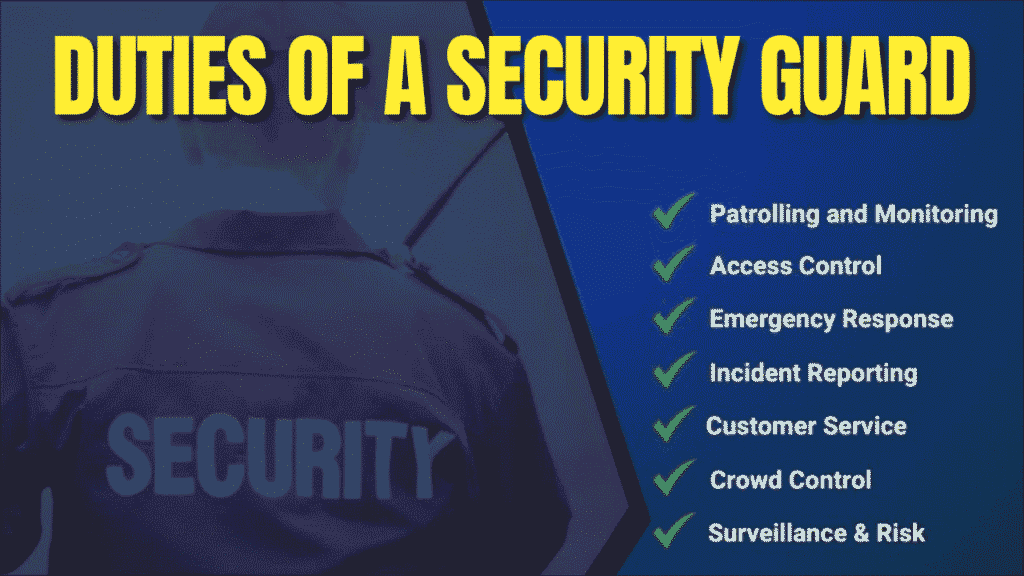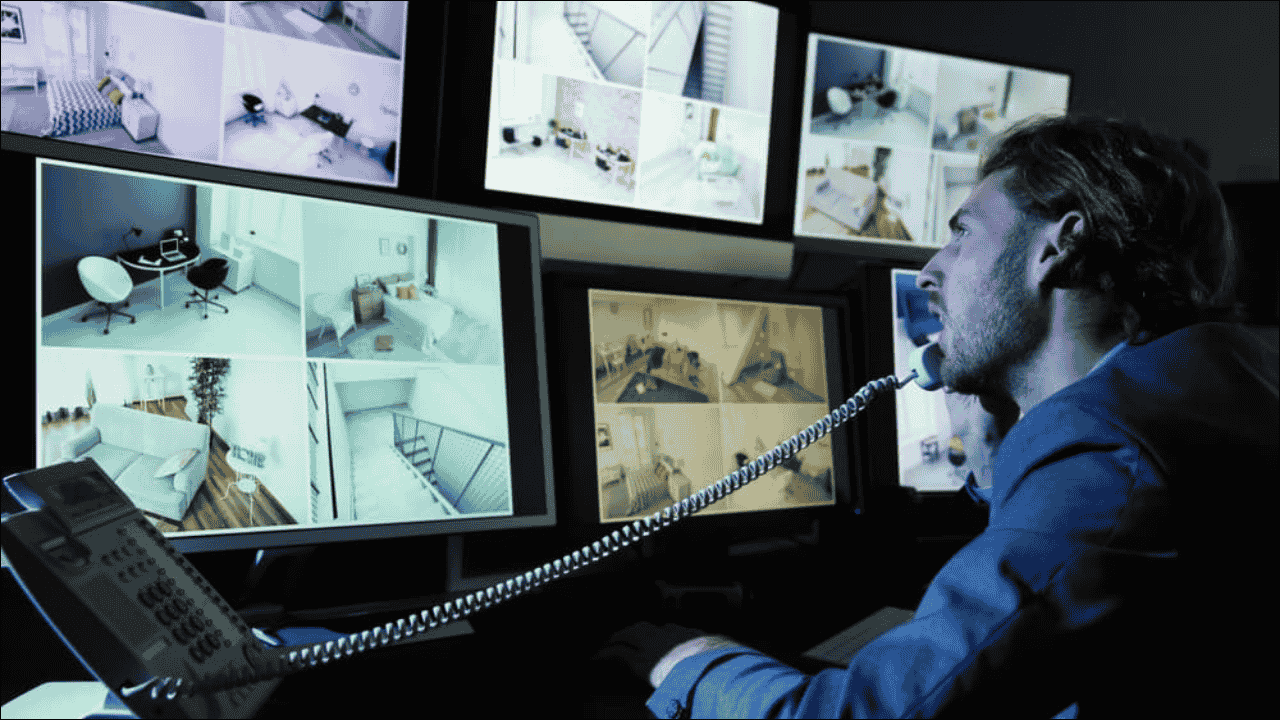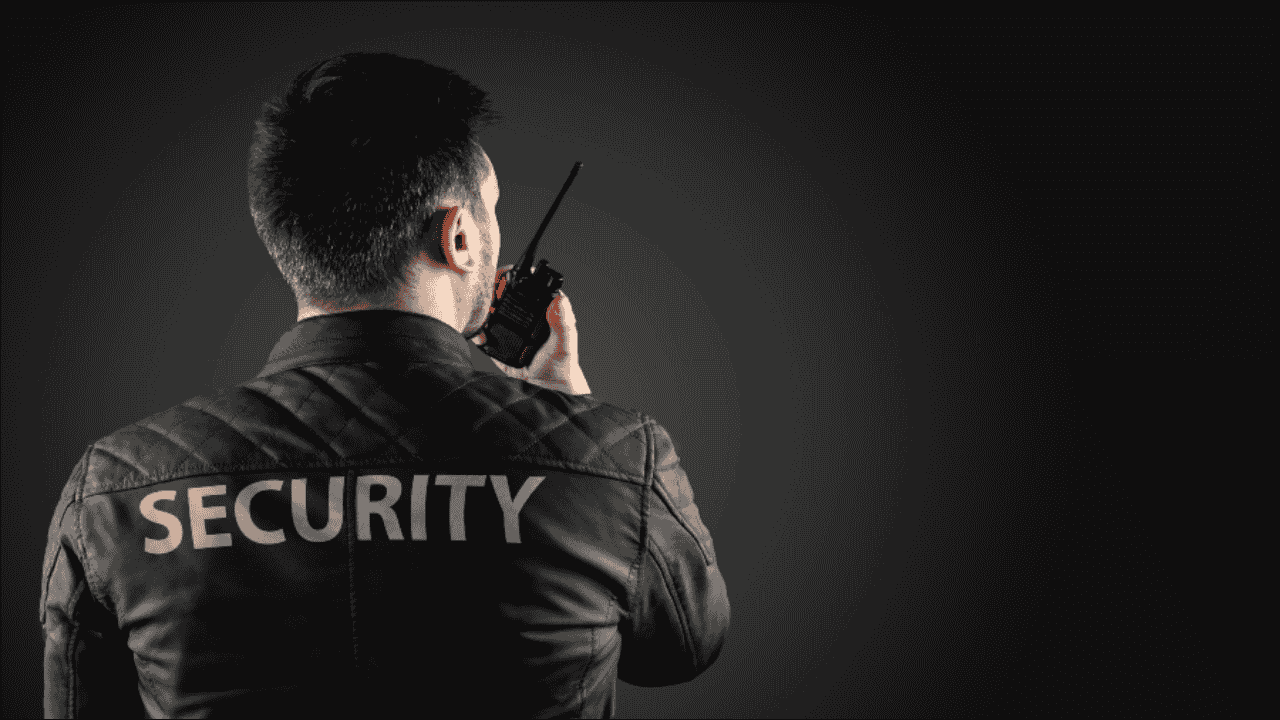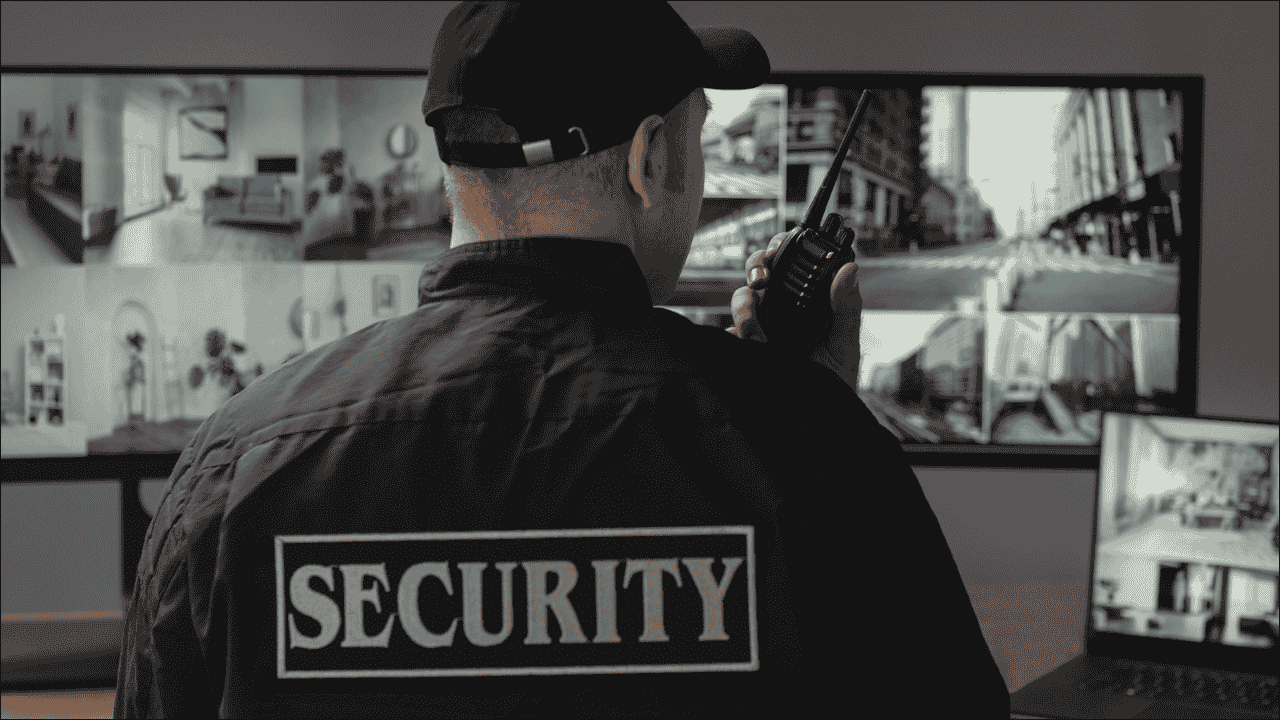
A professional security guard plays an important role in keeping people, places, and property safe. Many businesses, schools, hospitals, and public spaces depend on security guards to prevent crime, handle emergencies, and offer assistance to the public. Security guards must stay alert, follow instructions, and respond quickly in different situations. Their duties vary depending on where they work, but some responsibilities are common to most roles.
Table of Contents
Key Responsibilities of a Professional Security Guard
Surveillance and Monitoring
- Patrolling areas
Security guards walk or drive around to check buildings, entrances, and outdoor spaces for anything unusual. - Watching CCTV cameras
Guards monitor video screens to detect suspicious activity or people. - Checking doors and windows
Guards ensure all access points are locked and secure during and after hours. - Preventing unauthorized access
Guards stop people from entering restricted or private areas without permission.
Access Control
- Verifying identification
Guards check employee IDs, visitor passes, or vehicle permits at entrances. - Maintaining visitor logs
Guards record the names, times, and reasons for visits to maintain proper records. - Issuing entry badges
Guards provide passes to approved visitors and ensure they return them before leaving. - Operating security systems
Guards use access control software, electronic gates, and keycard systems.
Emergency Response
- Reacting to alarms
Guards respond to fire, theft, or medical alarms and follow emergency protocols. - Assisting in evacuations
Guards guide people out of buildings during emergencies like fire or gas leaks. - Calling emergency services
Guards contact police, firefighters, or ambulances when needed. - Providing first aid
Some guards are trained to offer basic medical help until professionals arrive.
Customer Service
- Helping visitors
Guards give directions, answer questions, and offer support to people entering a building. - Maintaining a polite attitude
Guards treat others respectfully, making people feel safe and welcome. - Handling complaints
Guards listen to concerns and pass them on to supervisors or managers when needed.
Loss Prevention
- Watching for theft
Guards stay alert in retail stores or warehouses to catch shoplifters or dishonest workers. - Monitoring suspicious behavior
Guards observe people’s actions and movements to spot possible threats or rule-breaking. - Checking bags or packages
Guards inspect employee belongings or deliveries for stolen items or dangerous objects.
Enforcing Rules and Policies
- Ensuring safety rules are followed
Guards stop activities like smoking in no-smoking areas or blocking fire exits. - Managing crowds
Guards control large groups during events, protests, or emergencies. - Dealing with trespassers
Guards warn, remove, or detain people who enter private property without permission. - Reporting rule violations
Guards inform managers or law enforcement when someone breaks the rules or causes harm.
Report Writing and Communication
- Writing daily reports
Guards document their shift activities, including incidents, visitors, and patrols. - Recording suspicious events
Guards write down details of things they see that could lead to crime or safety issues. - Sharing information with others
Guards speak with coworkers, police, or building managers to pass along important updates.
Summary of Main Duties of a Security Guard
| Duty Area | Main Tasks |
|---|---|
| Surveillance | Patrolling, watching CCTV, checking doors/windows, spotting intruders |
| Access Control | ID checks, logging visitors, issuing badges, operating gates, and systems |
| Emergency Response | Alarm response, evacuations, contacting services, and first aid |
| Customer Service | Assisting guests, handling questions, and staying polite |
| Loss Prevention | Preventing theft, observing behavior, and checking packages |
| Policy Enforcement | Enforcing safety rules, crowd control, and dealing with trespassers |
| Communication & Reports | Writing incident reports, shift logs, and sharing updates with the team |
Special Skills and Qualities Required
Alertness
- Staying aware of surroundings
Guards must watch carefully and react quickly to anything unusual. - Noticing small details
A good guard spots minor changes, like a broken lock or a suspicious package.
Communication Skills
- Speaking clearly and calmly
Guards must explain rules and give instructions during emergencies. - Listening to others
Guards hear concerns, respond respectfully, and pass along information when needed.
Physical Fitness
- Standing or walking for long periods
Many duties require guards to be on their feet for hours. - Chasing or restraining intruders
Some situations require physical action to protect others or stop a threat.
Honesty and Integrity
- Staying trustworthy
Guards often handle confidential details or work alone, so they must be dependable. - Reporting truthfully
Guards should never hide information or write false reports.
Training and Certification
Basic Security Training
- Teaches laws and ethics
Guards learn about legal rights, responsibilities, and limits. - Covers emergency procedures
Training includes how to act during fires, violence, or health issues.
First Aid and CPR
- Prepares for medical situations
Some guards learn how to help injured or sick people.
Weapon Handling (if allowed)
- Includes gun safety or baton use
Guards in some places are trained to carry weapons for defense.
Fire Safety
- Explains how to use fire extinguishers
Guards are taught how to spot risks and respond during fires.
Licensing Requirements
| Requirement | Details |
|---|---|
| Age Limit | Usually must be at least 18 or 21 years old |
| Background Check | Criminal record must be clean or acceptable based on local laws |
| Security License | Some countries or states need guards to have an official license |
| Training Certificate | Must complete approved courses or exams before being hired |
Types of Places Where Guards Work
| Workplace | Main Duties |
|---|---|
| Offices | Controlling entry, checking IDs, and watching for visitors |
| Hospitals | Assisting patients, handling emergencies, and preventing theft |
| Schools and Colleges | Keeping students safe, watching entrances, and stopping fights |
| Shopping Malls | Catching shoplifters, managing crowds, and giving directions |
| Banks | Guarding money, watching customers, and preventing robberies |
| Events | Managing entry, controlling crowds, and responding to threats |
The Way Forward
A professional security guard is much more than just a uniformed presence. Their daily work ensures safety, order, and peace in places where people live, work, and visit. Whether it’s preventing crime, helping during emergencies, or offering kind guidance, a good security guard makes a real difference. Strong training, honesty, and alertness help them perform their duties with skill and care.





